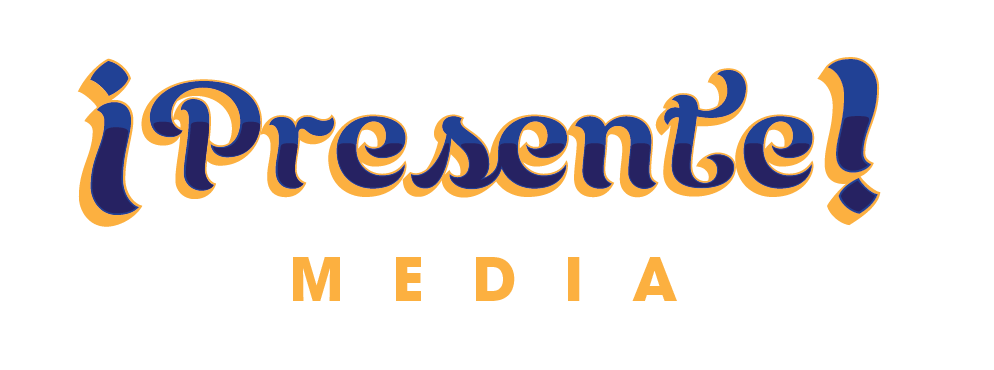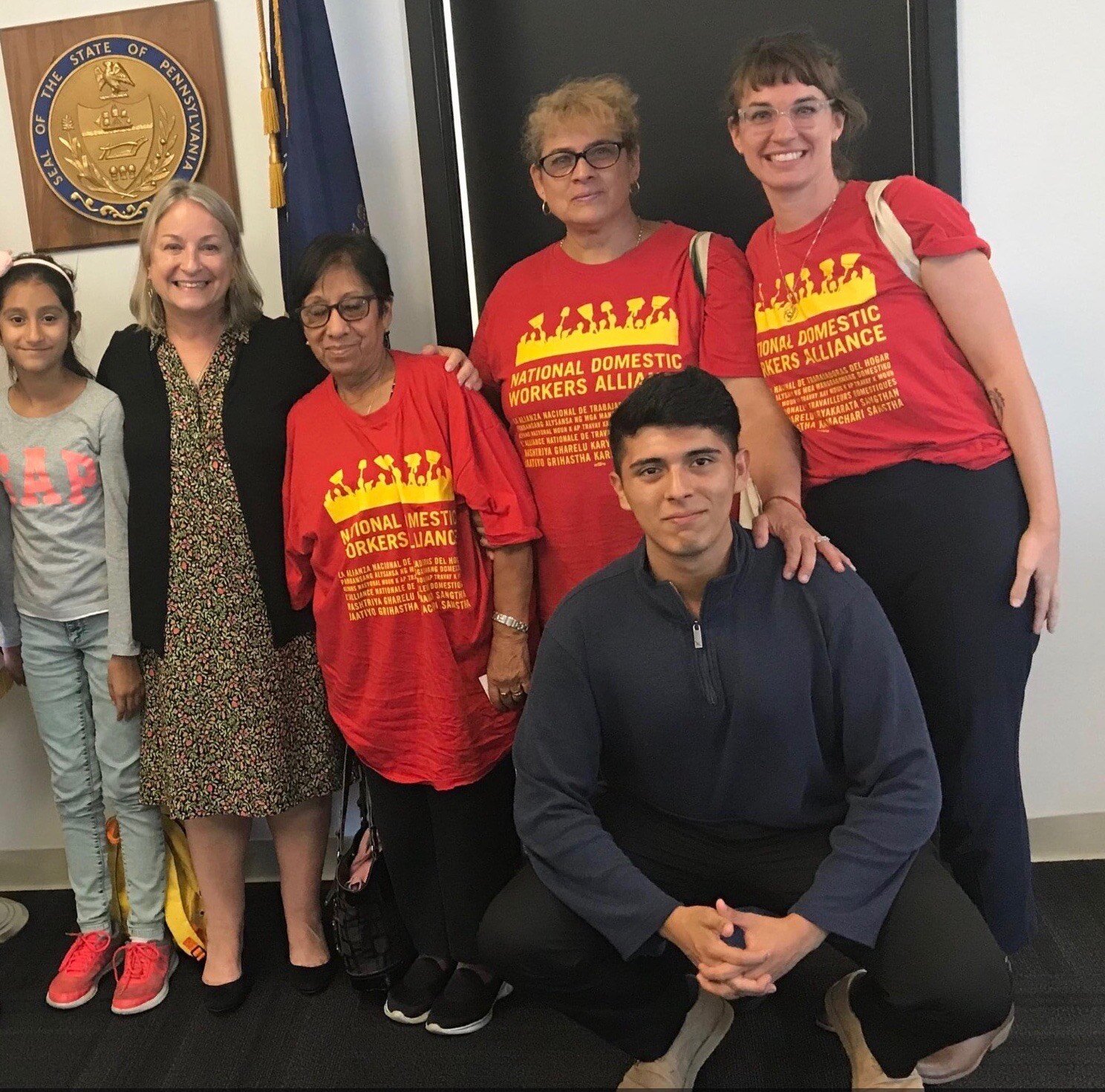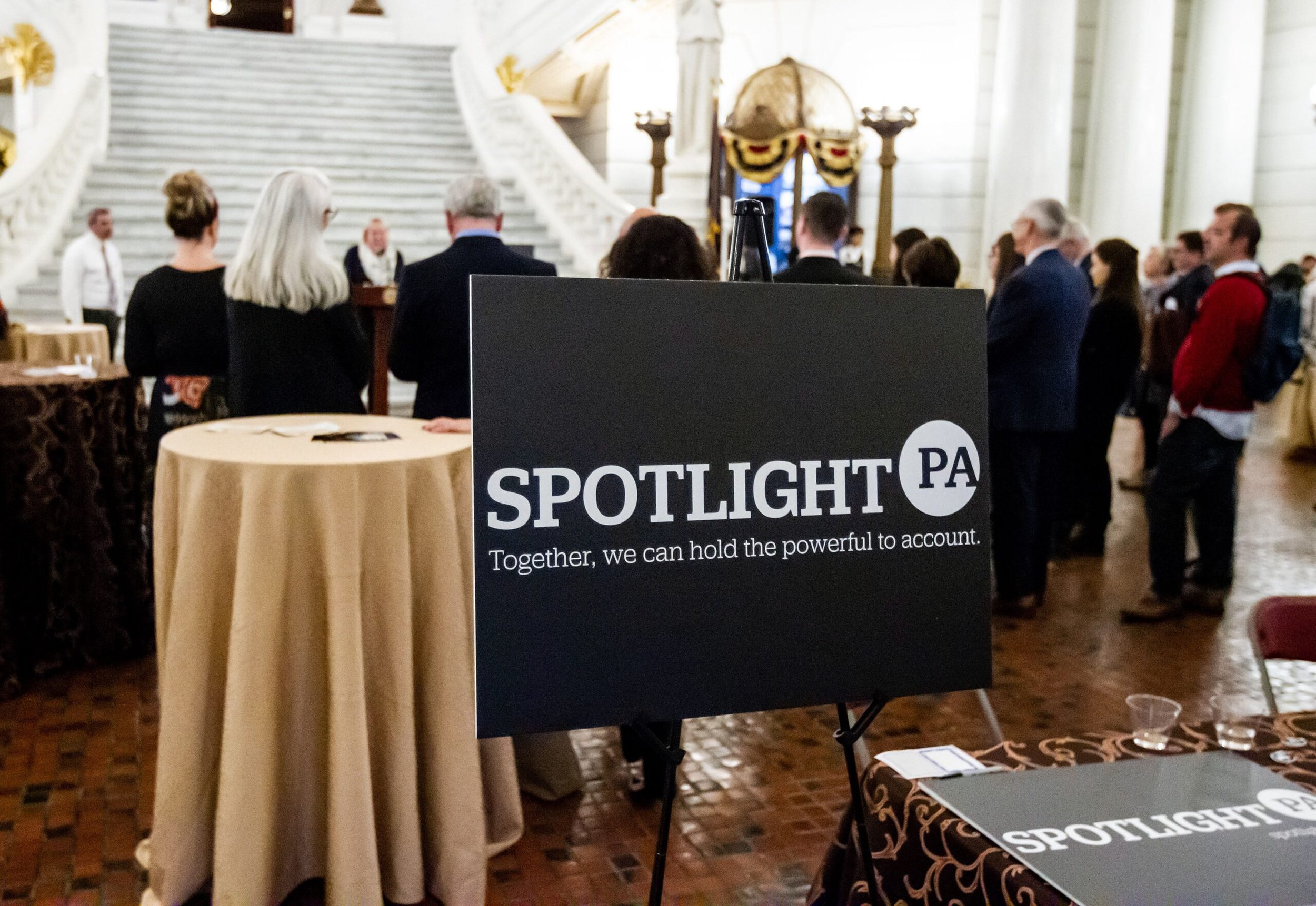“Luchando por un futuro mejor” - Behind Gen Z Latinx motivation to give back to the community
BY CELIA ALVES AND MICHELLE MYERS ON JUNE 24, 2021
Photo credit: William Dos Santos Figueiredo
Whether it is by protesting in the streets to support Black Lives Matter, better climate change policies and gun control, or undermining former president Trump’s Tulsa rally using their Tik-tok accounts, Gen Z members have proven themselves a force of change.
Despite considerable dispute on the beginning and endpoint of this generation, it is clear that people born between 1995-2010 have grown up in different times than their predecessors; this goes beyond their immersion in digital technology.
Most of these young people spent their formative years in a more pluralist America than previous generations. According to the Pew Research Center, Gen Z is the most diverse generation yet. With 25% identifying as Hispanic, 14% as Black, 6% as Asian and 5% as two or more races.
Furthermore, although only 6% of this generation was born outside the U.S, 22% have at least one immigrant parent. Then add growing up under the 8-year government of the first African-American President before abruptly transitioning to the wildly differing policies of the Trump Administration, and you will see how this upbringing changed their attitudes regarding civic engagement.
¡Presente Media! talked to three Philadelphia-based Latinx youth to understand how this background has influenced their desire to make an impact in their community.
Oscar Lopez
Oscar Lopez worked for Council Member Helen Gym’s office during the Domestic Workers bill hearings. (Photo credit: Oscar Lopez)
Oscar Lopez is a 20-year-old, first-generation Mexican-American and Drexel University student. He has already dived into the waters of activism while working as an intern for Councilmember Helen Gym, and more recently as a political writer for AL DÍIA.
Growing up, Lopez witnessed the struggles immigrants face in the U.S., like how being undocumented can hinder access to crucial assistance programs.
“The most recent example is with unemployment checks,” he says. “We were also left out in the middle of nowhere. Many of our own people didn't get federal help because of their status,” Lopez added.
Going from the government that deported the largest number of undocumented immigrants in US historyObamato the one that, as he puts it, did “nothing but scapegoat our community for the past 4 years,” left him feeling like he needed to fight back to see change; since highschool “the fight hasn't stopped.”
“Most old people would expect us to be...simply advocating for things we don’t know about,” Lopez says. However, according to him, this generation’s upbringing has shown them how to “organize on our own, give eloquent speeches and fully know the gravity of the situation.”
“Most old people would expect us to be...simply advocating for things we don’t know about.”
It is that grasp of current problems that led him to work for Council Member Gym in his late teens. In that role, he was able to talk to constituents about their problems and learn about what it takes to organize protests and affect change.
Now, as a writer for AL DÍA, he uses that knowledge to educate readers about politics and how the system works. While he continues trying to affect change in the community, Lopez hopes to become an immigration lawyer.
Hanna Rodriguez
Hanna Rodriguez takes the inspiration to make the world a better place from her family. (Photo credit: Hanna Rodriguez)
In the year 2000, Hannah Rodríguez's family left Venezuela as former President Hugo Chávez accrued power; she was 2-years-old.
Rodriguez, now 22-years-old, is a prime example of what it is like to be part of the most diverse generation yet. While she and her two older sisters were born in Venezuela and raised in Lancaster, PA, her father is a Venezuelan-raised Canary Islands native, and her mother is Polish-American.
Her multicultural background and the idea that she is too old to be a Gen Z and too young to be a Millennial has left her feeling “Ni de aqui, ni de alla—unable to fit in with either group.” However, she finds common ground with both her family and her generation through her sense of advocacy.
For her, this generation is about “being more politically inclined, more aware of things in [the] government or in our communities that affect us.” And per her family’s teachings, this awareness must be followed by action.
That is why after majoring in English Literature and Spanish at Franklin and Marshall College, she followed in her sister's footsteps, by joining the nonprofit world.
Today, she is the Literacy Leader of El futuro program at Mighty Writers, a nonprofit organization that works with literacy in Philadelphia and Camden helping children improve their reading and writing skills in English, Spanish and soon, Vietnamese and Cambodian, through workshops.
“If your thoughts aren’t clear, you’re not going to be able to communicate what you want,” Rodriguez says. That is why she joined Mighty Writers, because they “teach kids how to pick through their thoughts and really phrase something that has meaning and can form communications with a group or with individuals,” she added.
Since the pandemic, Mighty Writers helps roughly 100 people daily through a distribution program, coordinated by Rodriguez, making food, diapers, formula, baby toys, and books accessible to the community.
“If your thoughts aren’t clear, you’re not going to be able to communicate what you want.”
“I think down the line, I want to help uplift a lot of voices that are usually unheard, or voices that we really need to have [as] part of the discourse about our country,” says Rodriguez.
William Dos Santos Figueiredo
William Dos Santos Figueiredo came from Brazil as a child and gets his inspiration to help others from his mom . (Photo credit: William Dos Santos Figueiredo)
In 2010, William Dos Santos Figueiredo left his native Brazil, along with his mother, for a wintery Philadelphia.
Although he was just 11 years old then, his mother's strength in overcoming challenges impacted him. As he explains it, Inaiara Rodrigues Dos Santos came to the U.S. without knowing “a single thing about English or America.”
“She worked two jobs! Not only to make sure that I have a chance to do more, but also to send money back to Brazil and support our family and the community there,” Dos Santos Figueiredo clarifies. “The least I can do now is help others,” he adds.
“Whenever I feel down, or like I can’t do much, I always think about how my mom could get through all these circumstances, help people and become the amazing woman she is today.”
Like his mom, when Dos Santos Figueiredo arrived he only spoke Portuguese. Through his school, he had access to the English as a second language program (ESOL). Although he credits the class for helping him master the language, he thinks its biggest achievement was exposing him to many cultures.
Learning about the experiences of others, coupled with the struggles he saw his mom experience, led him to realize there is a lack of information for people in communities that have been historically excluded from resources.
“We grew up with this technology. We need to make sure that we’re aware of what’s going on so we can make decisions that further help us,” Dos Santos Figueiredo says. “Now whether we use this information for good or bad, it’s up to us,” he adds.
To that end the 21-year-old began volunteering. First, by helping rehabilitation centers in Brazil. Then, by working for Work Ready and PopUp Play, helping children across Philadelphia have access to community activities, and working in community gardens in the city’s food deserts.
During the 2020 presidential election, Dos Santos Figueiredo worked for the Committee of Seventy, a non-partisan civic organization focused on improving public policy and civic engagement. As a volunteer, he helped “make sure there was no illegal activity going on, making sure people were putting up the proper signs and not trying to make people vote in certain directions.”
Now the Temple University International Business student hopes that as more people get vaccinated he will be able to volunteer through Temple.
“Whenever I feel down, or like I can’t do much, I always think about how my mom could get through all these circumstances, help people and become the amazing woman she is today,” he says.
In the future, Dos Santos Figueiredo hopes to be able to help people in both Brazil and the U.S. Maybe by becoming a teacher, sharing his knowledge, and making sure communities stay informed.
As this generation keeps coming of age, both Lopez, Rodriguez and Dos Santos Figueiredo hope to leave behind a planet with less xenophobia and bigotry, where communities can access the information they need and more diverse voices can be heard.














